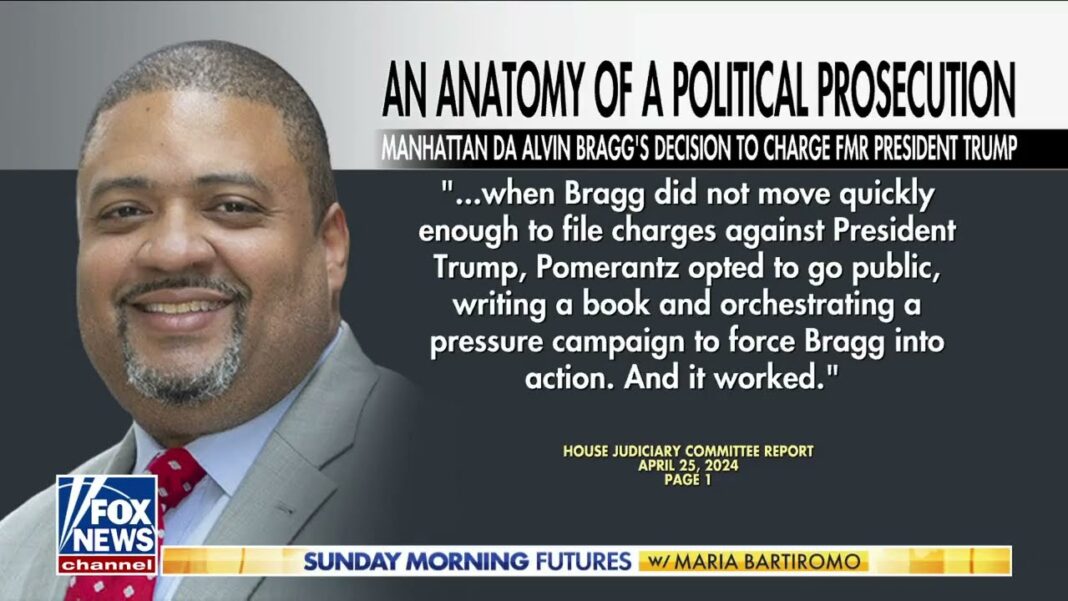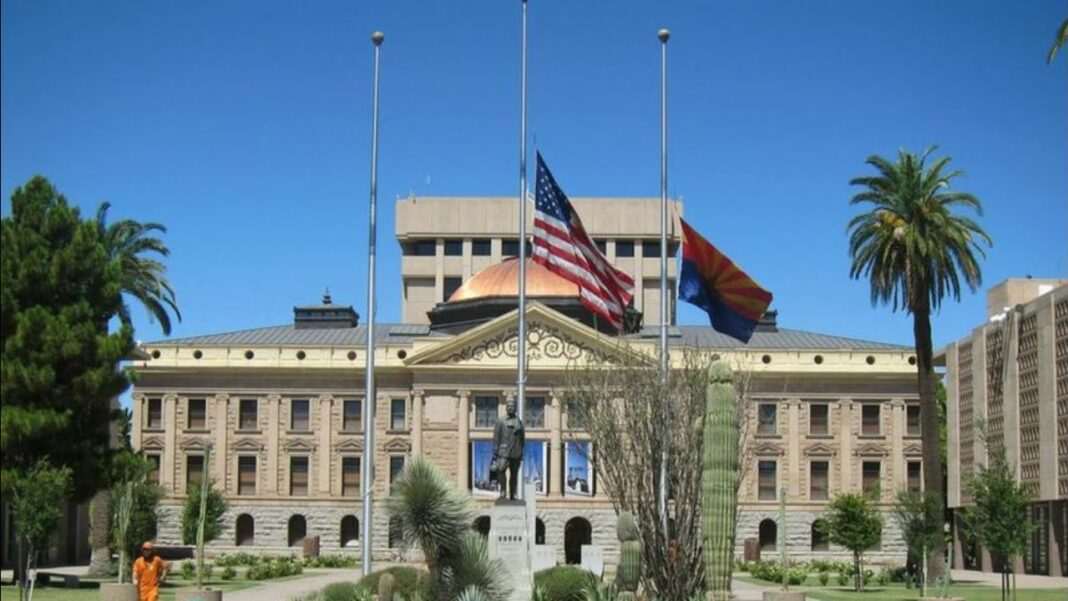‘This isn’t the right way to do business in America,’ Indiana State Treasurer Daniel Elliott stated.
America’s largest banks continue to face allegations that they are de-banking customers over their political or religious views.
At a Bank of America shareholder meeting on April 24, a shareholder group accused the bank of discriminating against conservative and Christian groups, and asked the bank to conduct an internal investigation to determine how widespread this practice may be.
“Banks must restore trust with the American public,” Jeremy Tedesco, senior counsel at the Alliance Defending Freedom, stated at a press conference following the shareholder meeting.
“Providing needed transparency about questions regarding politicized de-banking is a clear path toward rebuilding this trust, and we will continue to call upon major banks like Bank of America to reverse course, stop evading their own shareholders, and correct the underlying policies that lead to de-banking.”
State attorney generals and state treasurers have made similar allegations against America’s second-largest bank, which has nearly $2.5 trillion in assets.
Indiana state treasurer Daniel Elliott argued that a number of de-banking incidents appear to indicate a pattern of political or religious discrimination by the bank.
“When you start to look at it as a whole, it suddenly becomes a very, very serious—and frankly scary—endeavor,” Mr. Elliott told reporters. “This isn’t the right way to do business in America.”
On April 18, 15 state financial officers wrote to Bank of America CEO Brian Moynihan to “express our concerns over Bank of America’s troubling track record of politicized de-banking.”
Bank of America, however, refuted the charge that it has rejected customers on this basis.
“Given the large number of nonprofits we serve that are affiliated with religious organizations, it’s absurd to think religious beliefs are a factor in any account closing decision,” Bill Haldin, Bank of America spokesman, told The Epoch Times, addressing the allegations of religious but not political discrimination. “Very simply, they are not.”
Read Full Article on TheEpochTimes.com









